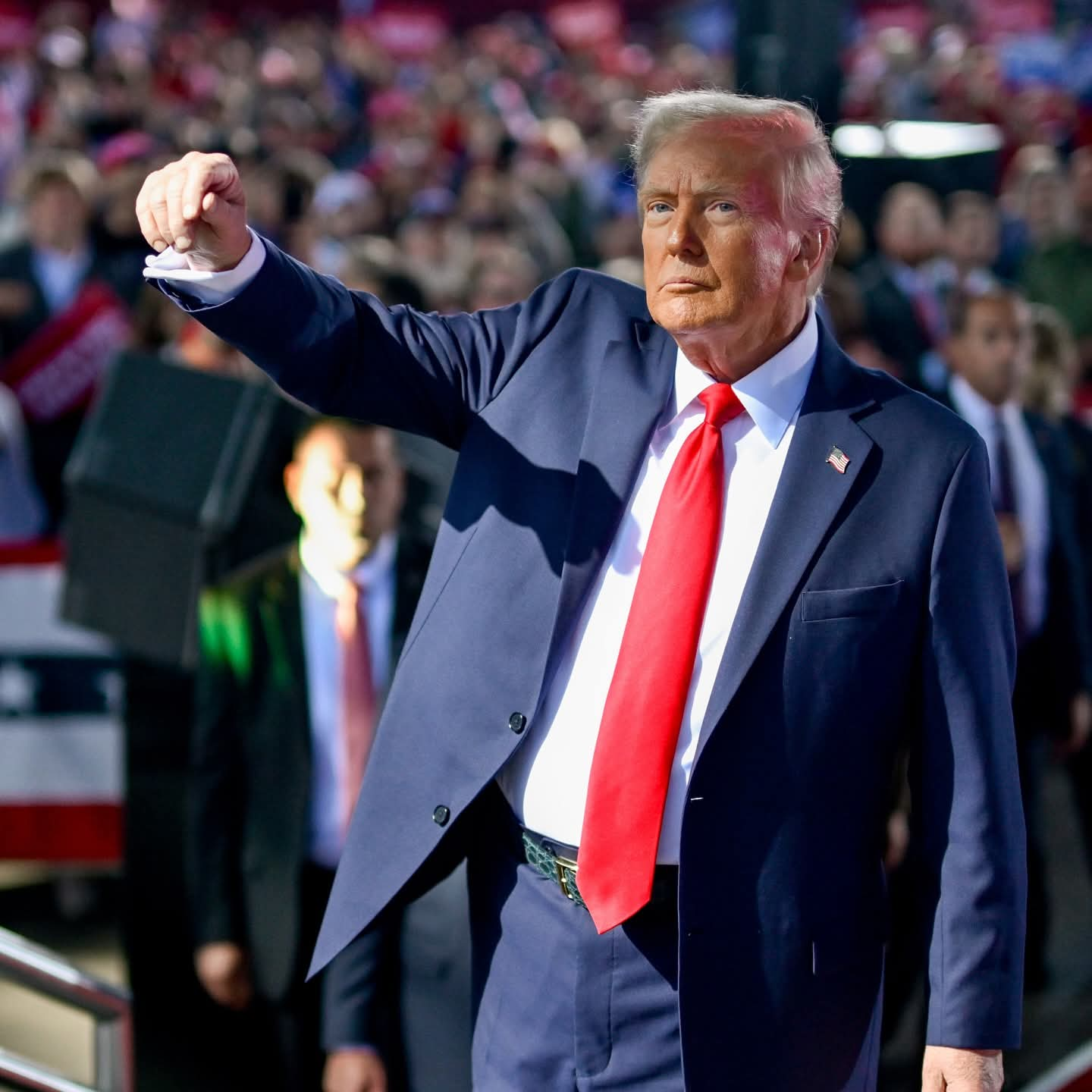The U.S. Supreme Court yesterday significantly limited the ability of federal district courts to issue “nationwide” or “universal” injunctions, a move widely seen as a major victory for the executive branch, particularly impacting the ability to challenge presidential orders.
In a 6-3 decision, the high court ruled that federal judges generally cannot issue orders that apply to individuals or entities beyond those directly involved as parties in a lawsuit. Justice Amy Coney Barrett, writing for the majority, emphasized that injunctions should not be “broader than necessary” to provide relief to specific plaintiffs, stating, “Federal courts do not exercise general oversight of the Executive Branch.”
The ruling did not address the merits of the specific Trump administration executive order at the heart of the case, which sought to redefine birthright citizenship for children born in the U.S. to non-citizen or non-lawful permanent resident parents. Instead, the Court focused solely on the scope of lower courts’ authority to issue sweeping injunctions.
The case stemmed from nationwide injunctions issued by federal judges in Washington state, Maryland and Massachusetts, which had blocked President Donald Trump’s birthright citizenship order from taking effect across the country. The Trump administration had argued that these universal injunctions constituted “judicial overreach” and led to “rushed, high-stakes, low-information decisions,” contending that a single district judge should not be able to halt a presidential policy nationwide.
The decision strengthens the executive branch’s capacity to implement its policies without the immediate threat of nationwide blockage by a single lower court. Future challenges to presidential orders may now require multiple lawsuits in various jurisdictions or a direct Supreme Court ruling on the policy’s constitutionality.
This ruling curtails a judicial tool that has been increasingly employed by lower courts to challenge executive actions, a practice that saw a notable surge during the Trump administration.
In a dissenting opinion, Justice Sonia Sotomayor raised concerns that this limitation on nationwide injunctions could inadvertently lead to a proliferation of individual lawsuits, potentially resulting in “hundreds or thousands of new individual lawsuits” to achieve similar effects.
The ruling reaffirms that judicial relief should primarily benefit the direct parties in a lawsuit, rather than automatically extending to all similarly situated individuals, unless a case is formally certified as a class action.
It is important to note that the Supreme Court’s decision did not determine the constitutionality of President Trump’s birthright citizenship executive order, leaving that question open for future litigation on its merits.
This procedural shift by the Supreme Court marks a significant development in the balance of power between the judiciary and the executive branches, recalibrating the immediate and broad impact of lower court rulings on presidential directives.





